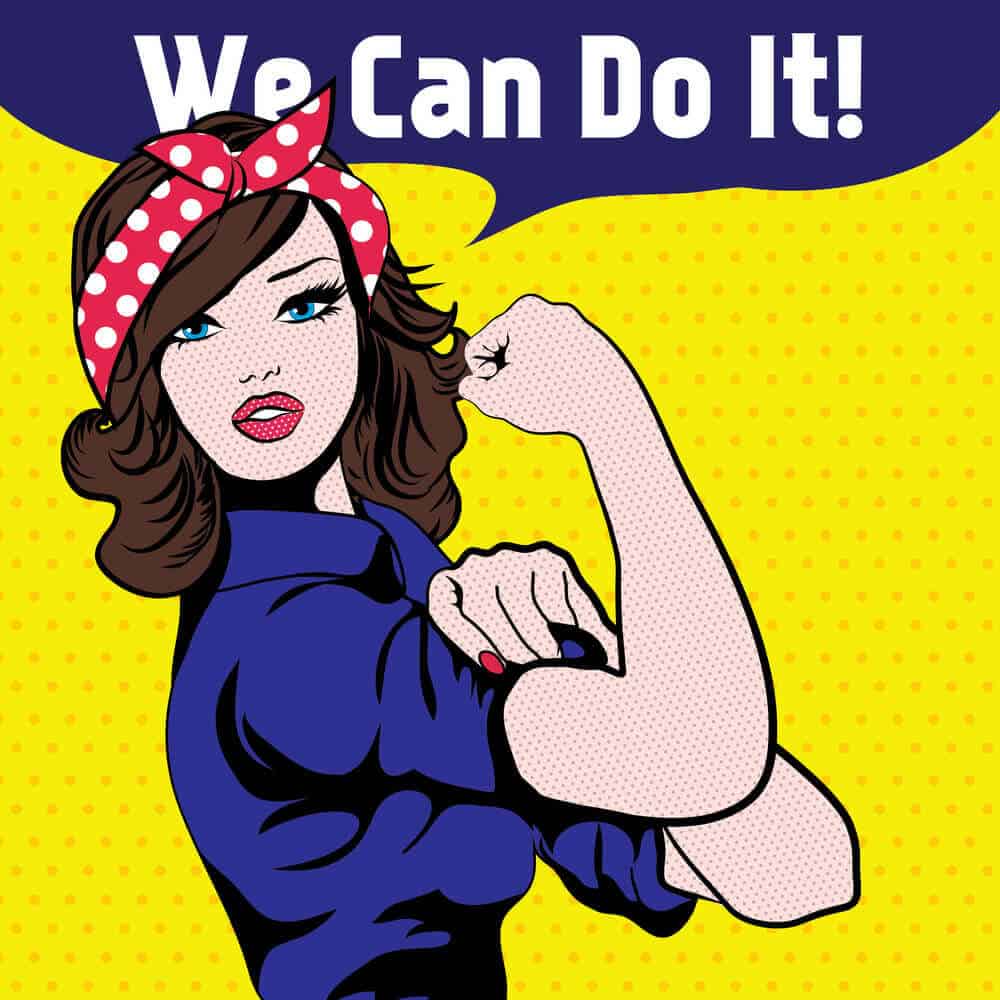Empowerment through leisure activities refers to increasing personal or social power and control by participating in diverse recreational pursuits, enhancing self-confidence and self-esteem, and ultimately contributing to psychological, social, and overall well-being.
Empowerment in Leisure Activities
Leisure activities, ranging from sports and creative pursuits to mindfulness practices and social gatherings, can profoundly affect an individual’s mental and emotional well-being and contribute to social change.
Partaking in leisure activities can be particularly beneficial for individuals experiencing stress or other personal struggles, as these pursuits offer valuable opportunities for relaxation, self-expression, and social connection and improve memory, cognitive functioning, and overall mental health. Therefore, it is essential to recognize the significant role that leisure activities play in both individual and societal empowerment.
Psychological Empowerment
Leisure activities can promote psychological empowerment by positively influencing an individual’s self-confidence and self-esteem. These pursuits help people develop new skills, overcome barriers, and increase their sense of autonomy. As individuals become more proficient in their chosen activities, they often feel more in control of their lives and motivated to take on additional challenges.
Many use leisure pursuits to disconnect from daily stressors and recharge their mental and emotional batteries, and this kind of empowerment fosters a healthier mindset, inspiring them to pursue personal goals and aspirations.
Leisure activities also offer numerous mental health benefits. Physical activities, in particular, can reduce stress, anxiety, and depression by releasing endorphins that elevate mood. According to the Mental Health Foundation, individuals who participated in physical activities reported improved sleep, increased energy, and reduced negative side effects of mental health issues.
Social Empowerment
Leisure pursuits provide a platform for social empowerment by creating opportunities for individuals to connect and collaborate. These social interactions can challenge and help redefine social standards and societal norms.
Leisure pursuits serve as a platform for promoting social inclusion and equity. Through shared experiences, individuals from diverse backgrounds can work towards common goals, fostering mutual understanding and respect. Whether playing team sports or joining a hobby group, social connections help individuals build support networks and foster a sense of belonging. In addition, sharing passions and interests with others leads to deeper connections and more meaningful relationships, improving overall well-being.
Types Of Empowering Leisure Activities
Empowerment through leisure activities is achieved in various ways, depending on individual interests and goals. For example, participating in organized outdoor activities leads to a sense of accomplishment and a platform for personal growth. Activities requiring cognitive efforts, like card games and crossword puzzles, improve memory, stimulate the mind, and enhance self-value. Engaging in hobbies or pursuits, individuals are skilled in or passionate about allows them to showcase their abilities and achievements. This sense of accomplishment can contribute to heightened self-worth and confidence in their abilities.
Physical Activities
Physical activities not only benefit our physical health but also has the potential to boost self-esteem, mental health, and overall well-being. Examples of empowering physical activities include:
- Yoga and meditation
- Team sports like soccer and basketball
- Outdoor pursuits such as hiking and cycling
- Fitness classes and gym sessions
- Dance and aerobic workouts
Creative Endeavors
Creative activities can help individuals express themselves, develop new skills, and foster self-confidence. Some examples of empowering creative pursuits are:
- Painting, drawing, and other visual art forms
- Music creation and performance
- Crafts and DIY projects
- Writing and storytelling
- Cooking and baking
Educational And Skill Building Activities
Participating in educational and skill building leisure activities can increase a sense of empowerment and self worth by expanding an individual’s knowledge base and abilities. Such activities may include:
- Attending workshops and seminars
- Online or in person courses
- Learning a language
- Professional development programs
- Memory enhancing games like card games and crossword puzzles
Social and Community Participation
Social and community activities can promote empowerment by fostering connections and supporting a sense of belonging. Participation in the following are examples of activities that contribute to personal growth and empowerment:
- Volunteering and community service
- Joining clubs and organizations
- Networking and attending social events
- Peer support groups and mentoring programs
- Organized outdoor activities with other like minded individuals
Overcoming Barriers To Empowerment Through Leisure Activities
By addressing the barriers to participation in leisure activities, individuals can become more empowered through these pursuits, enhancing their overall motivation and inspiration.
Accessibility and Inclusion
One of the significant barriers to participation in leisure activities is the lack of accessibility and inclusion for individuals who have historically been excluded because of race, gender, sexuality, ability, or other factors such as your own subconscious resistance. Our guide Leisure Alleviates Subconscious Resistance will provide you with a direction to dealing with your resistance.
Promoting inclusive environments where everyone feels welcome and valued will inspire individuals to engage in leisure activities and reap the benefits they offer. If your leisure is accessible and inclusive for you, stop and take some time to advocate for your leisure pursuit, asking for change for yourself and others. Some ideas may include the following:
- Offer accommodations for individuals with disabilities, such as sign language interpretation or assistive technology, to ensure everyone can participate in leisure activities.
- Create a welcoming and inclusive environment by promoting diversity and celebrating differences.
- Train staff and volunteers and foster a culture of inclusivity and accessibility in your organization.
- Offer scholarships or financial assistance programs, ensuring cost is not a barrier to participation in leisure activities.
- Solicit feedback from participants to ensure that leisure activities are meeting the needs of everyone and to identify areas for improvement.
Time Management and Prioritization
Another common barrier to participation in leisure activities is the need for more time and difficulty prioritizing such activities amidst busy schedules. To address this issue, consider the following strategies:
- Set clear goals: Identify the benefits and outcomes you wish to achieve from participating in leisure activities, and use these goals as motivation to make time for them.
- Plan: Allocate specific time slots for leisure activities and treat them as non negotiable appointments.
- Combine activities: Look for opportunities to integrate leisure with another aspect of your life, such as socializing with friends or family or combining physical activity followed by relaxation.
- Be flexible: Adapt to unexpected changes in your schedule and seize opportunities to engage in leisure activities when they arise. If you miss a planned activity, reschedule it for another time.
Financial Challenges
While financial challenges can be a significant barrier to leisure activities, there are ways to overcome these obstacles.
- Look for free or low-cost leisure activities like hiking, visiting local parks or museums, or attending community events.
- Join a community group or club that offers leisure activities at a lower cost, such as a community sports league or a local fitness center.
- Consider taking advantage of discounts or promotions provided by leisure facilities, such as a discount on a gym membership or a free trial period.
- Research scholarships or financial assistance programs that can help cover the cost of leisure activities.
- Budget for leisure activities by setting aside a specific amount each month for leisure activities and prioritizing them in your spending plan.
Final Thoughts
Leisure activities are crucial in fostering empowerment, inspiring creativity, and sparking new interests, leading to increased motivation in one’s personal, social and professional life. By engaging in leisure pursuits, individuals will cultivate a stronger sense of self, experience personal growth and enhance their overall physical, mental and emotional well being, improving their overall quality of life.






